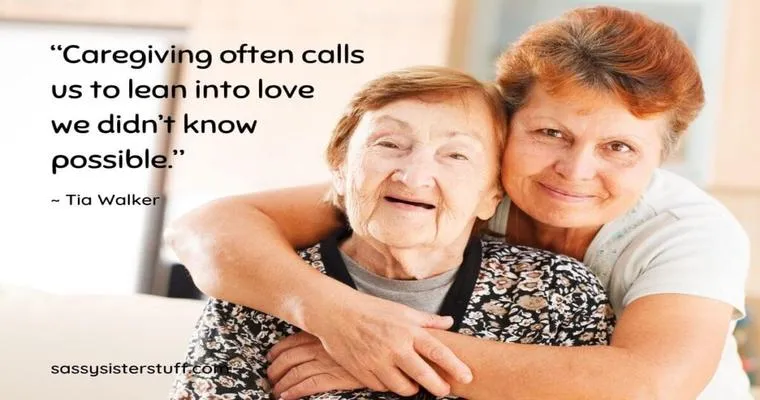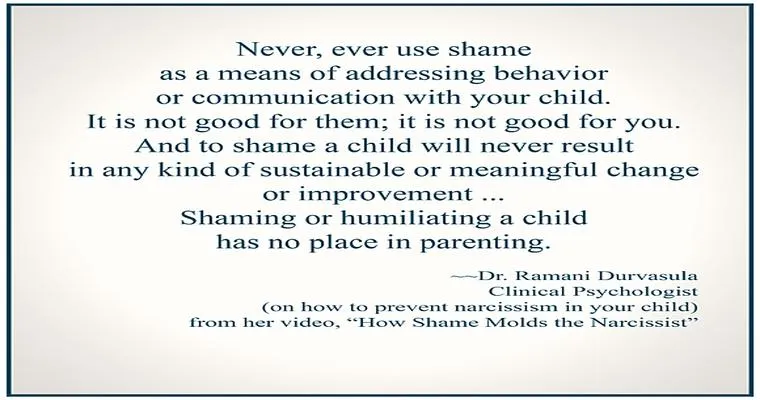Caring for "aging parents" who didn’t care for you during your childhood can be an emotionally challenging experience. Many individuals find themselves in a situation where they must navigate feelings of resentment, guilt, and obligation while providing support to parents who may have been neglectful or abusive. Understanding how to manage this complex relationship while ensuring that their needs are met is crucial for both the caregiver and the aging parent.
Understanding Your Emotions
Before you start the caregiving process, it’s important to acknowledge and understand your emotions. Feelings of anger, sadness, or resentment are common when caring for parents who were not there for you. It’s essential to process these feelings, perhaps by talking to a therapist or joining a support group. This step can help you approach the situation with a clearer mindset and reduce stress.
Setting Boundaries
As you begin to care for your aging parents, establishing clear "boundaries" is vital. This may involve discussing what you are willing and able to do while ensuring that your own mental and physical health is prioritized. Boundaries can help prevent feelings of overwhelm and resentment from building up over time. It’s okay to assert your needs and limitations in the caregiving relationship.
Seeking Help and Resources
You don’t have to go through this journey alone. Many resources are available to assist caregivers, including local community services, support groups, and online forums. Researching options for "respite care", adult day care, or in-home assistance can provide you with the necessary support. Utilizing these resources can lighten your load and offer much-needed breaks, allowing you to recharge.
Focusing on the Needs of Your Parents
While it can be difficult to overlook past grievances, focusing on the current needs of your aging parents is essential. Assess their medical conditions, mobility issues, and emotional well-being. Understanding what they require can help you provide better care. It may also foster a sense of empathy, allowing you to see them as individuals rather than merely as parents who failed you.
Practicing Self-Care
Caring for aging parents can be physically and emotionally draining. Therefore, practicing "self-care" is crucial. Make time for activities that rejuvenate you, whether it’s exercise, hobbies, or spending time with friends. This is not just a luxury; it’s a necessity for maintaining your health and ensuring that you can provide the best care possible.
Navigating Guilt and Forgiveness
Feelings of guilt can often arise when you are confronted with the need to care for parents who did not care for you. It’s important to remember that caring for them does not mean you have to forgive their past actions instantly. Forgiveness is a personal journey that can take time. Allow yourself to feel what you feel without judgment. This emotional processing can lead to a healthier mindset as you continue the caregiving journey.
Conclusion
Caring for aging parents who didn’t care for you is a complex and often painful experience. By understanding your emotions, setting boundaries, seeking help, and focusing on self-care, you can navigate this challenging chapter of life with greater ease. Remember, it’s okay to prioritize your well-being while providing care, and you are not alone in this journey. Taking care of yourself is just as important as taking care of your parents.





